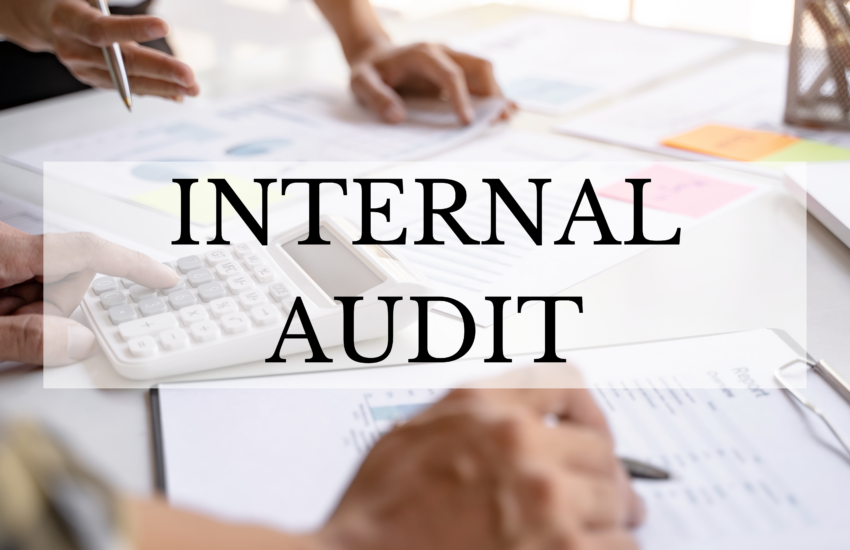Special Economic Zone and Export Oriented Units
Introduction
Special Economic Zone
A special economic zone (SEZ) is an area in a country that is subject to different economic regulations than other regions within the same country. The SEZ economic regulations tend to be conducive to—and attract foreign direct investment (FDI). Special Economic Zones are typically created in order to facilitate rapid economic growth by deploying investment and creating employment. This economic growth is accomplished by providing various economic advantages such as tax incentives.
Exported Oriented Zone
Export-oriented units are units undertaking to export their entire production of goods. EOUs can engage in manufacturing, services, development of software, repair, remaking, reconditioning, re-engineering including making of gold/silver/platinum jewellery and articles. Further, units involved in agriculture, agro-processing, aquaculture, animal husbandry, biotechnology, floriculture, horticulture, pisciculture, viticulture, poultry, sericulture and granites can also obtain the status of EOU. Export Oriented Units enjoy various benefits such as claiming input tax credit on the goods and services and refund, procure raw material or capital goods duty-free etc.
Eligibility
Special Economic Zone
Any individual, co-operative society, company or partnership firm can file an application for setting up of Special Economic Zone. A SEZ or FTWZ (Free Trade Warehousing Zone) other than a SEZ for IT/ITES, Biotech or Health (other than hospital) service, shall have a contiguous land area of 50 hectares or more. In case a SEZ is proposed to be set up in Assam, Meghalaya, Nagaland, Arunanchal Pradesh, Mizoram, Manipur, Tripura, Himachal Pradesh, Uttarakhand, Sikkim, Goa or in a UT, the area shall be 25 hectares or more.
Exported Oriented Unit
For obtaining status of Exported Oriented Units, the project must have a minimum investment of Rs.1 crore in plant and machinery. This condition does not apply for software technology parks, electronics hardware technology parks and biotechnology parks. Further, EOU involved in handicrafts, agriculture, animal husbandry, information technology, services, brass hardware and handmade jewellery does not have any minimum investment criteria.
Difference
| Particulars | Special Economic Zone | Export Oriented Units |
| Area of Operations | Can be setup only at the designated sites notified as SEZ. | Can be setup anywhere in India. |
| Approval for setting up | Approval required under the SEZ laws and to be granted by the Development Commissioner of the concerned SEZ. | Approval required under the FTP and to be granted by the jurisdictional Development Commissioner. |
| Imports | All imports are exempt from payment of all types of customs duties. | Except BCD, Duty free imports of goods as well as domestic procurement of good can be done. |
| Procurement from DTA | All procurements which are required for authorized operations are allowed without payment of applicable GST or on payment of GST (of which refund can be obtained). | Applicable GST is payable on such procurements (of which ITC is available). |
| Supply to DTA | Custom duty is payable while goods are transferred from SEZ to DTA | Required to pay applicable GST on supply made to DTA apart from Basic Customs Duty. |
| Compliance | Annual Performance report (APR) to be filed online (In Form-I) at www.csez.org within 90 days from the end of Financial Year. | Annual Performance report (APR) to be submitted online at www.csez.org within 90 days from the end of Financial Year. Quarterly Performance Report (QPR) to be filed online through EOU filing module at www.csez.org within 30 days of close of every quarter Status report (should be filed by units who have not commenced their commercial production) should be submitted within 30 days of close of the quarter. The Status Report should be filed Quarterly for every financial year till the unit commence production. |
| Penal Provisions in case of Non-Compliance | Any SEZ unit, while undertaking the Bond-Cum-Legal Undertaking (“BLUT”) (format prescribed in Form-H of the Rules) undertakes that in case of any default in filing the APR within the prescribed time limit or in case of wrong submission, the permission granted for the prescribed operations may be withdrawn and / or the permission for further imports and sales in the Domestic Tariff Area may be stopped. | Failure to ensure positive NFE or to abide by any of the terms and conditions of Letter of Permission (LoP) / Letter of Intent (LoI) / IL / Letter of Undertaking (LUT) shall render the unit liable to penal action under provisions of the FT (D&R) Act, as amended, and Rules and Orders made there under, without prejudice to action under any other law / rules and cancellation or revocation of LoP / LoI / IL. |

